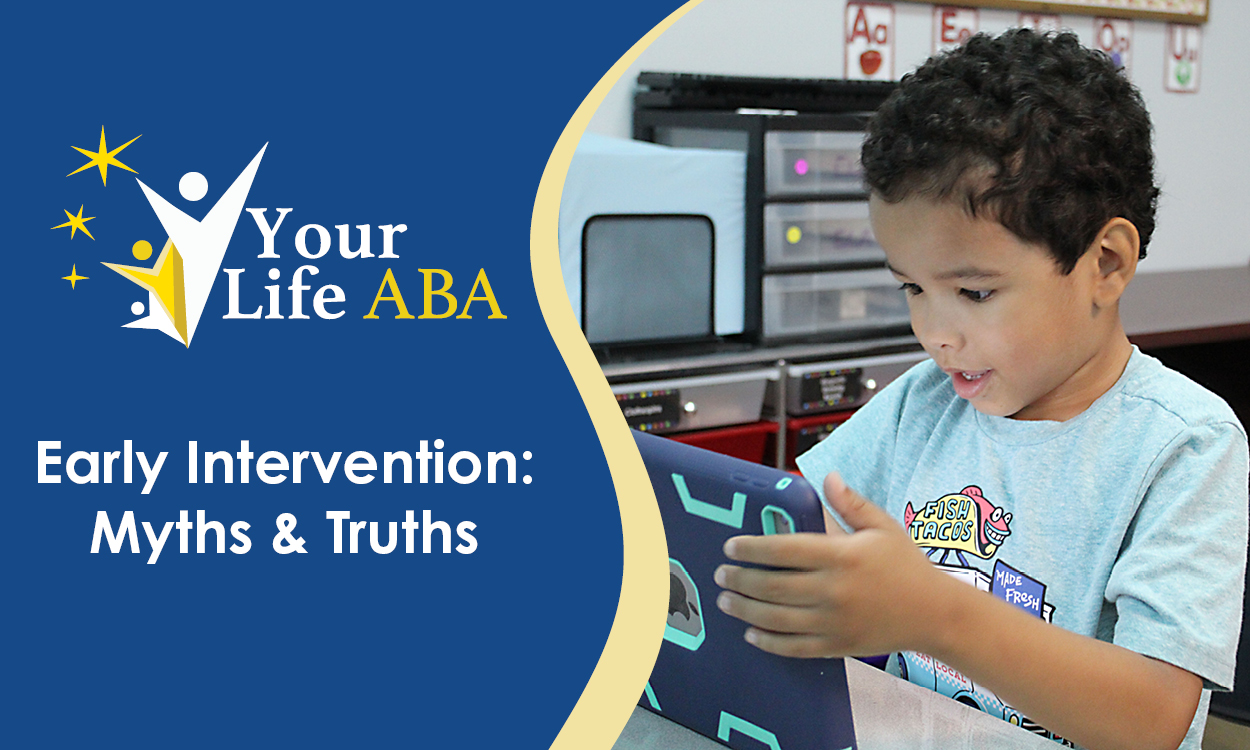10 Things to Know Before Becoming a BCBA
Posted: February 27, 2024 | Written By: Drew Delligatti | Category:

Becoming a Board Certified Behavior Analyst (BCBA) is a rewarding and impactful career choice, but it comes with its own set of challenges and responsibilities. Whether you're considering a career change or entering the field of applied behavior analysis, here are 10 important things to know before pursuing the BCBA certification.
Educational Requirements: To become a BCBA, you must meet specific education requirements, typically holding at least a master's degree in a related field. Ensuring you have the necessary educational background is the first step in pursuing a career as a behavior analyst.
Supervised Fieldwork: BCBA candidates are required to complete a certain number of supervised fieldwork hours, which involve hands-on experience working with individuals displaying behavior issues. The practical application of behavioral principles is crucial for gaining the skills needed to be an effective BCBA.
Passing the BCBA Exam: The BCBA certification is obtained by passing a rigorous examination. It is essential to thoroughly prepare for the exam, as success requires a deep understanding of applied behavior analysis principles, ethics, and practical applications.
Code of Ethics: BCBA practitioners adhere to a strict Code of Ethics, emphasizing the importance of maintaining the highest standards of professional conduct. Before pursuing this career, familiarize yourself with these ethical guidelines, as they will shape your daily practice.
Commitment to Lifelong Learning: The field of applied behavior analysis is dynamic, with ongoing research and advancements. BCBA professionals are expected to engage in continuous learning to stay abreast of the latest developments, attend conferences, and pursue further education to enhance their skills.
Working with Diverse Populations: BCBA professionals work with individuals of all ages and abilities, including those with autism spectrum disorder, developmental disabilities, and other behavior challenges. Being adaptable and culturally competent is essential for success in this field.
Communication Skills: Effective communication is a cornerstone of behavior analysis. BCBA practitioners must be adept at conveying complex concepts to clients, caregivers, and other professionals in a clear and accessible manner. Strong interpersonal skills are crucial for building rapport and collaboration.
Data Collection and Analysis: A significant part of behavior analysis involves collecting and analyzing data to make informed decisions about interventions. BCBA practitioners must be comfortable with data collection methods and possess strong analytical skills to evaluate the effectiveness of interventions.
Advocacy for Clients: BCBA professionals often act as advocates for their clients, ensuring they receive the support and resources needed for success. Advocacy may involve working with schools, healthcare providers, and other stakeholders to promote the best interests of the individuals under their care.
Career Opportunities and Growth: Understanding the diverse career paths available to BCBA professionals is crucial. Whether you choose to work in schools, clinics, hospitals, or private practice, knowing the different avenues and potential for career growth will help you make informed decisions about your professional journey.
Becoming a BCBA is a challenging yet fulfilling journey that requires dedication, education, and a passion for helping others. By understanding these key aspects of the profession, aspiring behavior analysts can better prepare for the challenges and rewards that come with making a positive impact on individuals' lives through applied behavior analysis.
Want to be notified of new articles and resources from Your Life ABA? Click here to submit your email and opt into our newsletter.








